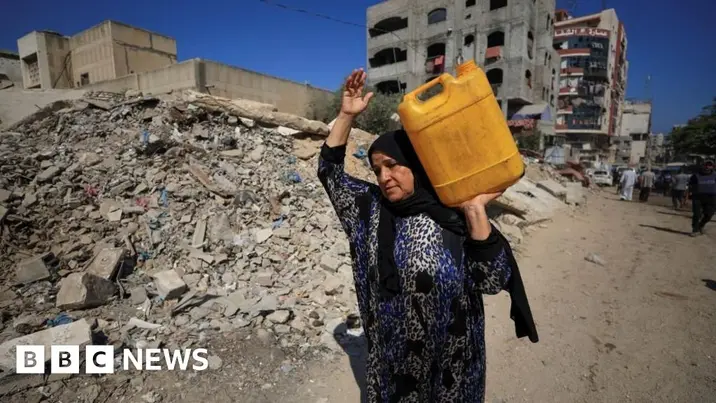T4K3.news
Israeli plan to relocate Gaza residents advances
Israeli officials say Gaza residents who wish to leave could do so to any country willing to receive them.
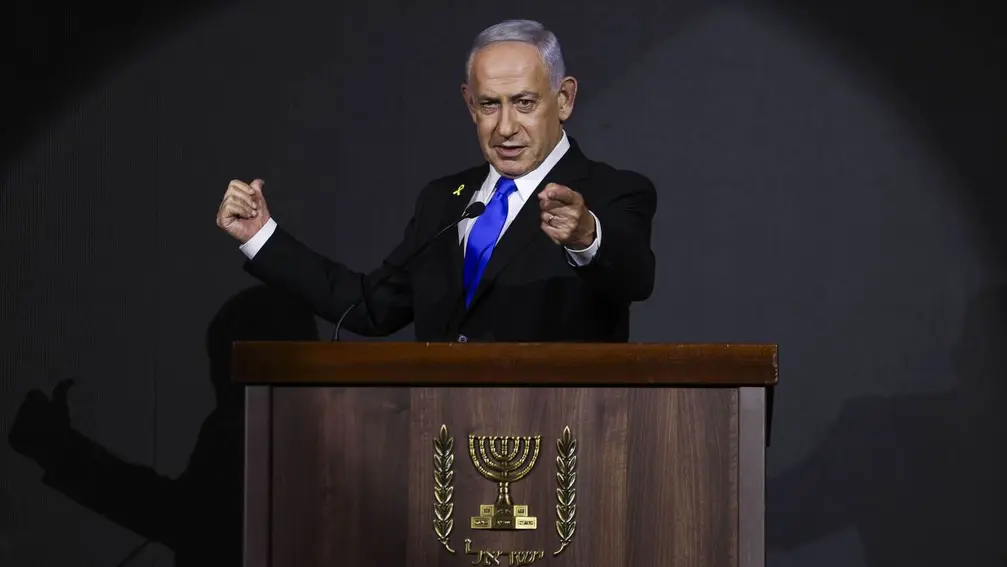
Israeli leaders frame relocation as a humanitarian option for Gaza residents, while rights groups warn it could amount to forcible expulsion.
Israeli Leaders Push Plan to Relocate Gaza Residents
Defense Minister Israel Katz said the military will prepare a plan that allows any Gaza resident who wishes to leave to do so to any country willing to receive them, with options for land, sea, and air departures. Netanyahu has linked voluntary migration to security aims and the Trump plan, saying it should be discussed openly and could be implemented if conditions are met. In May he spoke of creating a Gaza “sterile zone” for civilian evacuation and humanitarian aid, while signaling readiness to end the war under clear security guarantees.
Palestinians and rights groups argue the plan would effectively bar many from returning and could amount to displacement under occupation, potentially crossing international legal lines. The talks also involve African states as potential hosts, underscoring how a regional humanitarian frame is used to justify a controversial policy shift amid a broad and ongoing conflict.
Key Takeaways
"I have instructed the (Israeli military) to prepare a plan that will allow any resident of Gaza who wishes to leave to do so, to any country willing to receive them."
Defense Minister Katz's Feb 6 statement on departure options
"Hamas will lay down its weapons. Its leaders will be allowed to leave."
Netanyahu May 21 address referencing a demilitarized Gaza
"We will allow this, first of all inside Gaza during the fighting, and we will also allow them to leave Gaza."
Netanyahu Aug 12 interview on evacuation and exit options
"The residents of Gaza who wish to leave — will be able to leave."
Netanyahu May 21 public remarks on voluntary migration
The push plays to a humanitarian narrative while carrying sharp political risk. Framing mass relocation as voluntary aid could ease political pressure at home by offering a way to end open-ended hostilities without surrendering strategic goals. Yet the approach invites fierce critique from rights groups who see it as coercive and potentially unlawful, and from neighbors watching how borders are redrawn during conflict. International observers will weigh whether promises of aid and return guarantees are credible or merely a veil for expulsion. The plan also risks polarizing public opinion in countries that might host Gazan civilians, turning displacement into a long quiet crisis rather than a quick fix.
Highlights
- We are not pushing them out but allowing them to leave
- The residents of Gaza who wish to leave will be able to leave
- Give them the opportunity to leave first from combat zones
- Hamas will lay down its weapons and leave power
Humanitarian risk and legal concerns
Rights groups and international observers warn the plan could amount to forcible expulsion and breach international law, risking a broader backlash and legal challenges.
The path from statement to reality will reveal how far humanitarian rhetoric can shape policy in a war zone.
Enjoyed this? Let your friends know!
Related News

Gaza invasion plan advances

Israel moves Palestinians to southern Gaza

IDF advances to next Gaza phase
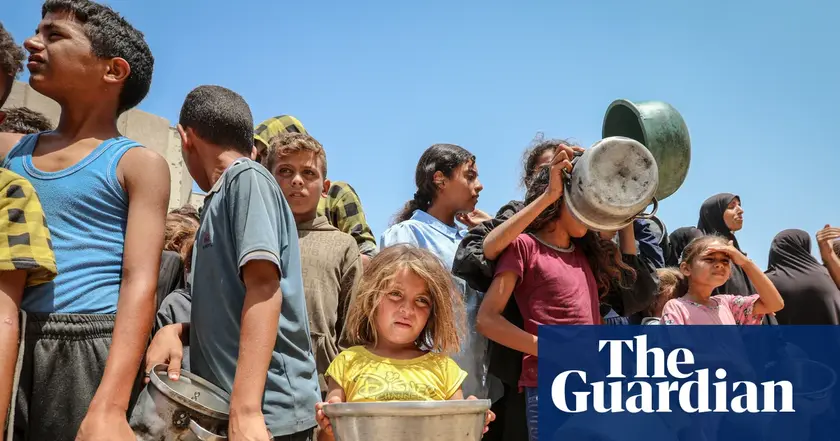
Displacement plan for Gaza City residents announced

Gazans considered for relocation to South Sudan
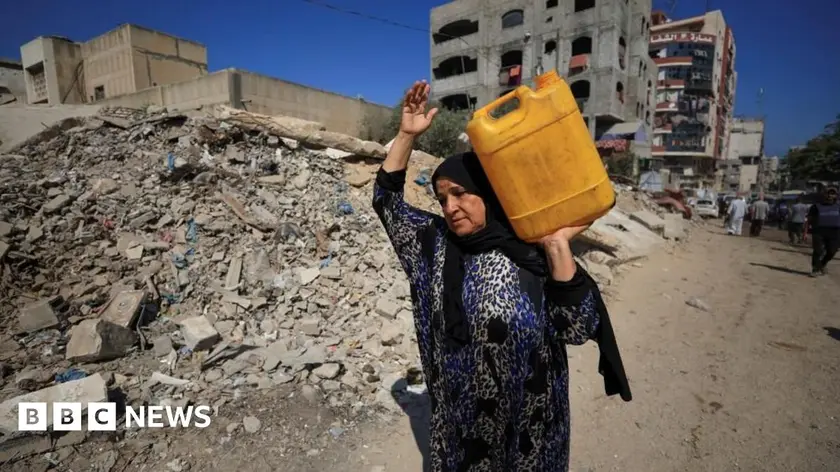
Israeli cabinet to discuss full occupation plan for Gaza

Israel weighs Gaza relocation to South Sudan
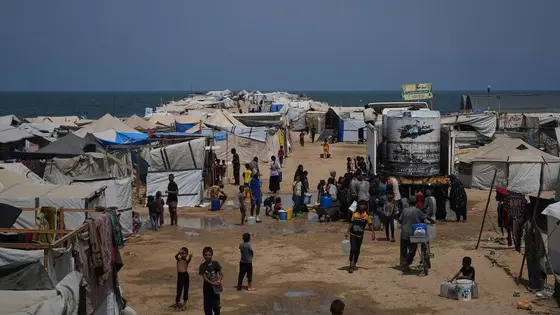
Israel weighs resettlement bids for displaced Palestinians
